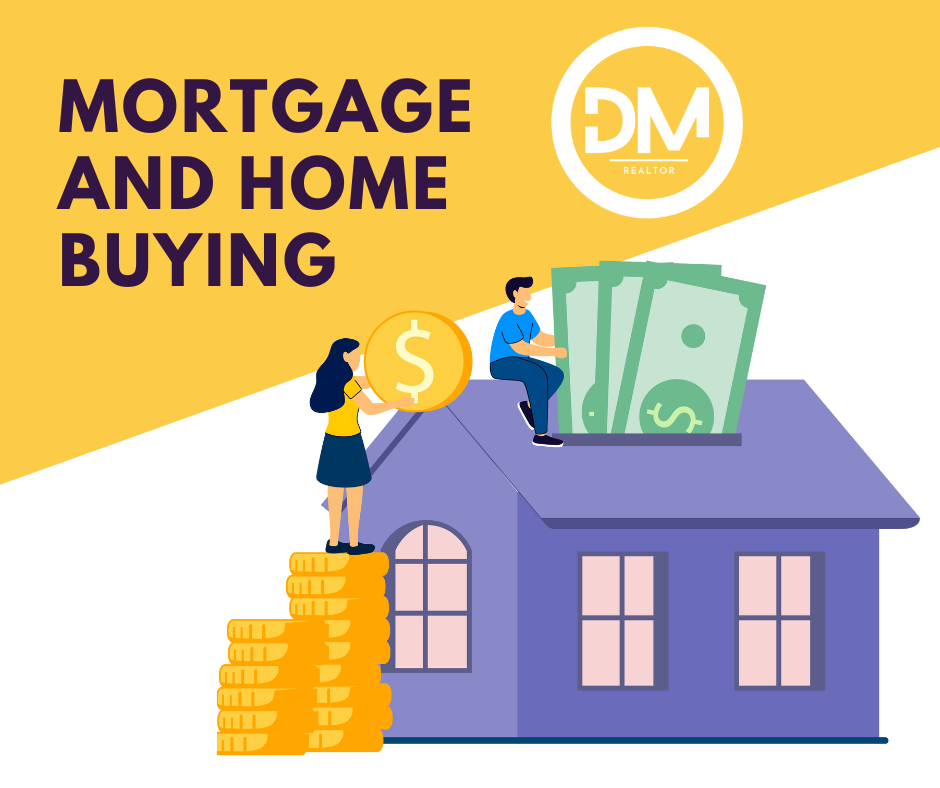Purchasing a home is one of the most significant financial decisions many individuals will make in their lifetime. For the majority of people, buying a home requires a mortgage, a loan specifically designed to finance the acquisition of real estate. Mortgages come in various forms, each tailored to suit different financial situations and preferences. In this article, we will explore the different types of mortgages available to help you make an informed decision when seeking home financing.
- Fixed-Rate Mortgage: A fixed-rate mortgage is the most traditional and straightforward type of home loan. With this mortgage, the interest rate remains constant for the entire loan term, which is typically 15, 20, or 30 years. The stability of fixed-rate mortgages makes them popular among homebuyers who prefer predictable monthly payments and protection against interest rate fluctuations.
- Adjustable-Rate Mortgage (ARM): Unlike fixed-rate mortgages, an adjustable-rate mortgage (ARM) offers an interest rate that changes periodically. The initial interest rate is usually lower than that of a fixed-rate mortgage, making it an attractive option for homebuyers who plan to sell the property or refinance before the rate adjustments occur. However, after the initial period (often 5 or 7 years), the rate will adjust regularly based on prevailing market rates. ARMs carry an element of risk, as the interest rate could increase, potentially leading to higher monthly payments.
- Interest-Only Mortgage: Interest-only mortgages allow borrowers to make payments that solely cover the interest portion of the loan for a certain period, typically 5 to 10 years. After the interest-only period ends, borrowers must begin paying both principal and interest, resulting in higher monthly payments. This type of mortgage may be suitable for individuals with irregular income or those who expect their income to rise significantly in the future.
- FHA Loans: FHA (Federal Housing Administration) loans are government-backed mortgages designed to help low-to-moderate income borrowers and first-time homebuyers. These loans require a lower down payment (as low as 3.5% of the purchase price), making homeownership more accessible to individuals with limited savings or credit challenges. FHA loans have specific eligibility criteria and require mortgage insurance premiums to protect the lender in case of default.
- VA Loans: VA (Veterans Affairs) loans are available exclusively to eligible veterans, active-duty service members, and surviving spouses. These loans are backed by the Department of Veterans Affairs and offer various benefits, such as no down payment requirement and potentially lower interest rates. VA loans are an excellent option for those who have served in the military and are looking to buy a home.
- USDA Loans: USDA (United States Department of Agriculture) loans are targeted at homebuyers in rural and suburban areas. They offer low to no down payment options and competitive interest rates. To qualify for a USDA loan, borrowers must meet specific income and property location requirements. These loans are intended to promote homeownership in areas with lower population densities.
- Jumbo Loans: Jumbo loans, also known as non-conforming loans, exceed the loan limits set by government-sponsored enterprises like Fannie Mae and Freddie Mac. These loans are used to finance higher-priced properties and generally require excellent credit scores and larger down payments due to the increased risk for the lender.
- Balloon Mortgages: Balloon mortgages have relatively short terms, typically 5 to 7 years, during which borrowers make lower monthly payments. At the end of the term, the remaining balance becomes due in full, requiring the borrower to either pay off the loan or refinance. Balloon mortgages can be risky, as borrowers must be prepared to handle the lump-sum payment at the end of the term.
In conclusion, choosing the right type of mortgage is a crucial step in the home-buying process. Each type of mortgage has its own advantages and considerations, and it’s essential to assess your financial situation, long-term goals, and risk tolerance when making a decision. Consulting with a reputable mortgage lender or financial advisor can help you navigate the complexities of mortgage options and find the best fit for your unique circumstances. Remember, a well-informed decision will set you on the path to successful homeownership.

 Facebook
Facebook
 X
X
 Pinterest
Pinterest
 Copy Link
Copy Link
